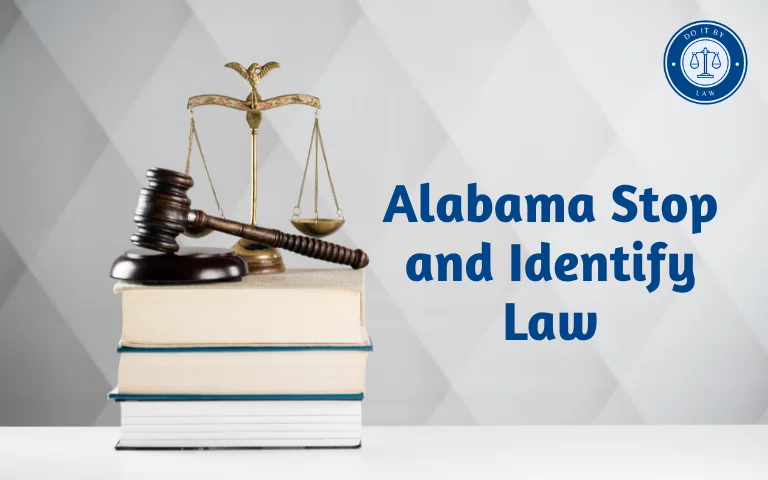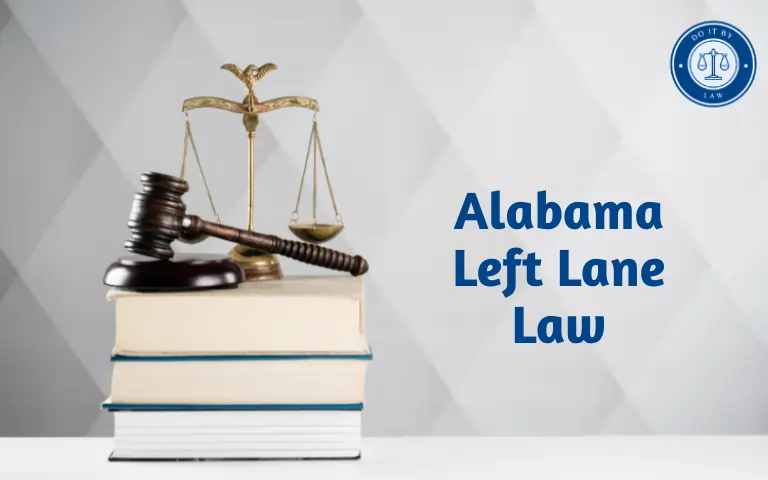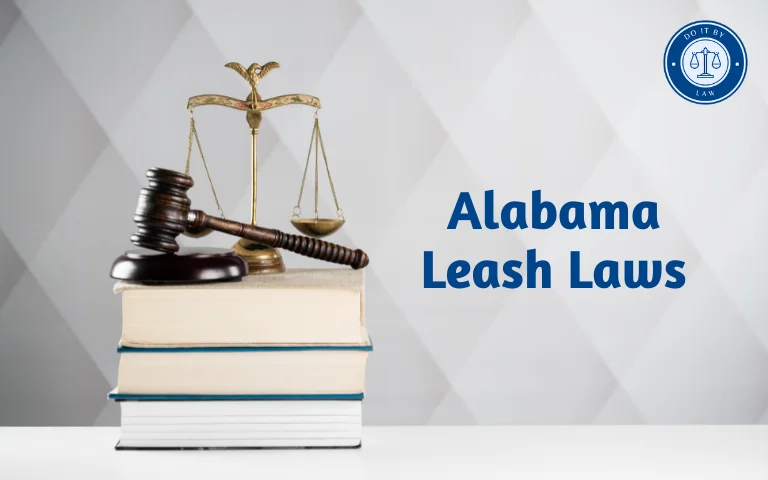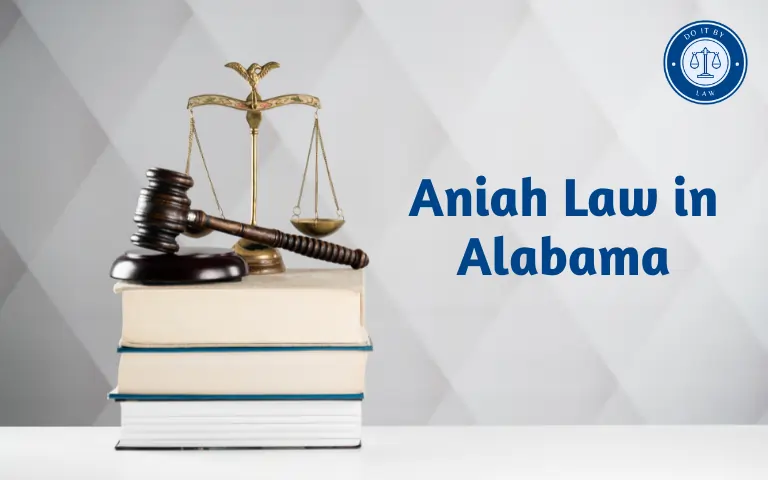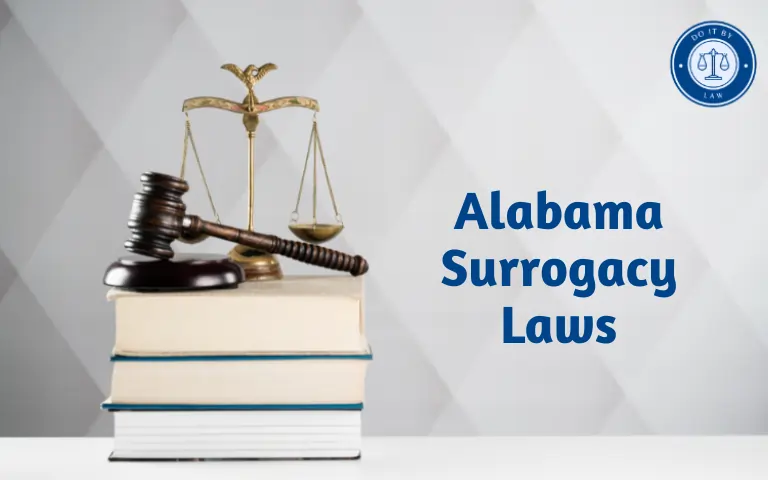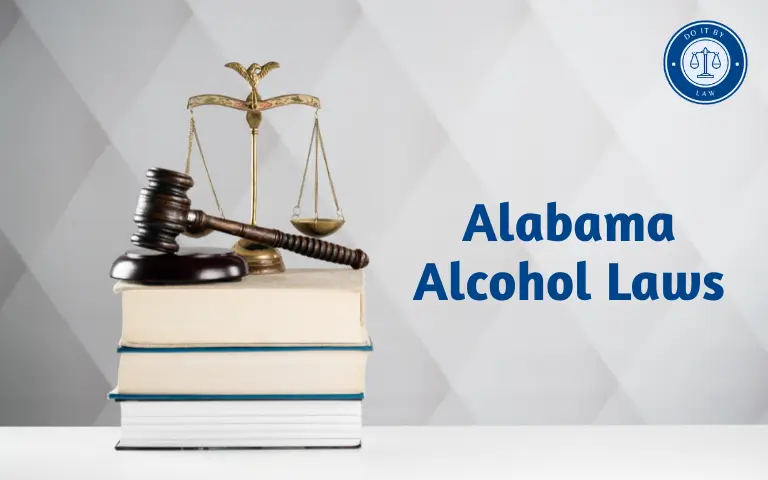Alabama Stop and Identify Law: What You Need to Know
Alabama does not have a stop and identify law that requires people to provide identification to police when lawfully stopped or detained. However, during traffic stops drivers in Alabama must show vehicle registration and proof of insurance when asked by law enforcement. Understanding Alabama stop and identify law policies helps educate both law enforcement and the public on their rights and responsibilities during interactions.
Background of Stop and Identify Laws
Some states have stop and identify statutes requiring citizens to provide identifying information to police when lawfully detained during a criminal investigation or traffic stop. However, Alabama does not currently have such a law on the books.
These laws originated in the late 1960s and are controversial between civil liberties advocates who argue they violate privacy rights and law enforcement who feel they promote public safety during police encounters.
Why Alabama Doesn’t Have a Stop and Identify Law
Reasons Alabama has not enacted a stop and identify law include the:
Information requested: Unlike some states, Alabama law only allows officers to demand your name, address, and explanation of your actions. Showing physical identification is not required.
Level of authority: In some states, Stop and Identify laws allow officers to detain individuals based on more subjective criteria like “reasonable suspicion” of criminal activity. However, Alabama’s law requires a higher threshold of “probable cause”, meaning the officer must have specific facts suggesting you’re involved in a crime.
Penalties for non-compliance: While many states penalize refusing to identify yourself, Alabama does not. However, refusing to cooperate could lead to further detention or investigation if the officer suspects you’re hindering their investigation.
Focus on specific information: Instead of a broad request for “identification,” Alabama focuses on obtaining just your name, address, and explanation, potentially limiting the scope of the interaction.
These differences might explain why you thought Alabama lacked a Stop and Identify Law altogether. It’s important to be aware of the specific details and nuances of your state’s laws regarding police interactions.
Who Alabama Lack of Stop and Identify Law Impacts
The lack of a stop and identify law in Alabama primarily impacts the following groups:
- Police officers – Without a stop and identify law, officers have less authority to require identification from people they stop or detain. This can make it more difficult for officers to establish someone’s identity and determine if they are wanted for crimes or pose a threat.
- Minorities – Minority groups, especially African Americans, are disproportionately stopped and questioned by police. A stop and identify law has the potential to exacerbate concerns about racial profiling if applied in a discriminatory manner. The lack of such a law reduces this concern.
- Lower income individuals – People without photo ID or proof of address may avoid violations or additional interactions with police by not having to provide identification under a stop and identify statute.
- Immigration populations – Immigrants, especially undocumented ones, can avoid revealing their status or lack of documentation if police cannot legally demand identification.
- Civil liberties advocates – The lack of a stop and identify law enhances civil liberties and 4th Amendment protections against unlawful search and seizure. It maintains privacy and freedom from unwarranted police intrusion.
- Crime victims – Some argue the inability to identify detainees makes it harder for police to solve crimes and provide justice and closure for victims. But others dispute that a stop and identify law significantly aids most investigations.
- General public – With no stop and identify law, regular citizens can decline to provide ID to police if they have no legal obligation to do so. But some may argue this hampers general public safety.
In general, the populations most impacted by the lack of a stop and identify law in Alabama tend to be minority and lower income groups as well as those concerned about civil liberties. Police likely have the strongest objections while immigrants and minorities tend to favor the status quo.
Key Aspects of Alabama Position on Stop and Identify
There are some key points regarding Alabama’s position:
- Alabama has a “stop and identify” law that requires people to provide their name, address, and an explanation of their actions when detained by police and asked to identify themselves. This law is meant to help police ascertain a person’s identity and determine if further investigation is warranted.
- The law was amended in 2009 (Alabama Code 15-5-30) to remove the requirement that a person produce an ID card/document. Now a verbal statement of name, address, and explanation is legally sufficient.
- Police cannot arrest or detain someone solely for refusing to identify themselves. There must be reasonable suspicion of criminal activity or probable cause for an arrest before requiring identification.
- The law has been challenged as unconstitutional, but Alabama courts have generally upheld it as long as the request for identification occurs after a lawful stop or detention based on reasonable suspicion.
- Critics argue the law still violates 4th Amendment protections against unlawful search and seizure. Some also express concerns about racial profiling leading to disproportionate stops of minorities.
- Proponents say the law provides a practical way for police to do their job and enhances public safety by enabling officers to better determine if a detained person is wanted for crimes or poses a threat.
Alabama’s stop and identify law gives police power to request identifying information from detained citizens, but also seeks to balance civil liberties by requiring reasonable suspicion of criminal activity before applying the law. The scope and application continues to be debated by lawmakers, courts and the public.
Changes in Alabama Stop and Identify Laws
In recent years, the trend has moved away from requiring citizens to identify themselves during police encounters without reasonable cause:
- Fewer states are adopting new stop and identify laws due to concerns over civil liberties impacts.
- Recent court rulings have imposed limits on how identification laws can be applied to prevent constitutional violations.
- Some states have considered repealing existing stop and identify statutes that are rarely utilized or seen as problematic.
Controversies Around Stop and Identify Practices
There are passionate views on both sides:
- Opponents argue stop and identify laws undermine civil liberties and privacy rights while doing little to improve public safety.
- Supporters believe they provide necessary authority for police to determine the identity of uncooperative suspects who may pose a threat.
- Recent controversies over police mistreatment of minorities cast additional scrutiny on stop-and-identify practices.
Key Takeaways on Alabama and Stop and Identify
- Alabama does not currently have a stop and identify law.
- Police can still request ID, but citizens are not required to provide it in most cases.
- Traffic stops are an exception where drivers must show vehicle paperwork.
- Support for enacting new stop and ID laws has declined amid civil liberty concerns.
- Understanding the policies helps promote cooperation and prevent conflicts during police-citizen interactions.

